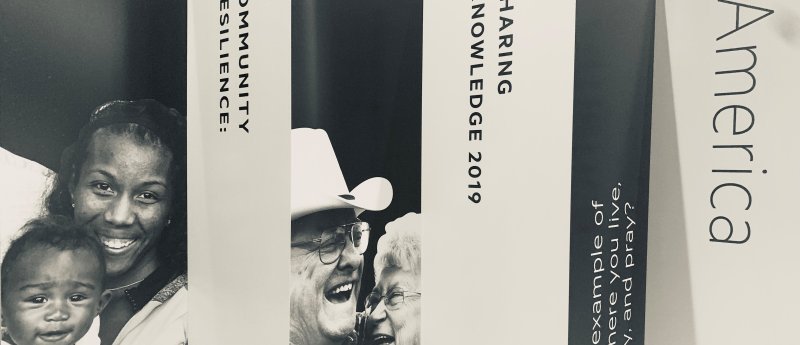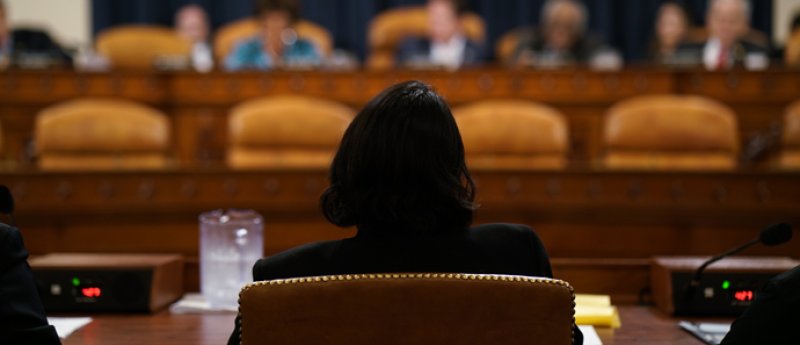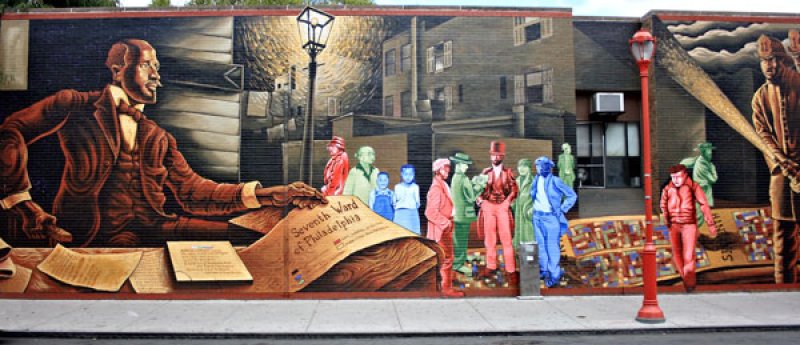 Research into Action
Research into Action
-
Turning research into actionAcknowledging A Shift in the Racial Equity Conversation
Black History Month has evolved over the years from a vehicle to highlight the achievements of Black Americans, into a time for fostering a deeper understanding of the country’s history and having conversations around questions of racial equity.
February 20, 2024
|P4A Spark
| -
This comprehensive report unveils the systemic challenges and aspirations of Asheville's Black community through participatory research. It emphasizes the community's perspectives on systemic racism affecting various sectors such as housing, education, employment, healthcare, and the criminal justice system.
February 19, 2024
|Evidence
| -
Turning research into actionEvery Black Voice: Unveiling Asheville's Path to Racial Equity
A deeper, more complex story lies in the picturesque city of Asheville, North Carolina, known for its vibrant arts scene and historic architecture. It's the story of the Black community - a narrative woven with challenges, resilience, and hope. The "Every Black Voice" report, a comprehensive study conducted by the Racial Justice Coalition, reveals Black residents' lived experiences, struggles, and aspirations in Asheville, particularly in light of the city's reparations journey.
February 19, 2024
|P4A Spark
| -
Research into ActionThree Lessons About Building Trust and Advancing Equity on the Path to Justice
As part of Policies for Action’s (P4A’s) recent call for proposals to investigate policies to reduce the racial wealth gap, we recognized the opportunity to center the people and places most distant from privilege and power.
December 18, 2023
|P4A Spark
| -
Turning research into actionStrengthening the Evidence Base for Effective and Inclusive Policy Solutions
Now entering its third year, the COVID-19 pandemic continues to alter the lives of people everywhere and exacerbate racial and ethnic disparities in income, wealth and access to resources and care. The nation is also grappling with the perpetuation and consequences of hundreds of years of systemic racism.
January 31, 2022
|P4A Spark
| -
Maternal and Reproductive HealthMunicipality-level Variation in Severe Maternal Morbidity and Association with Municipal Expenditures in New Jersey
Severe maternal morbidity (SMM)—defined by the Centers for Disease Control and Prevention as unintended outcomes of labor and delivery that result in significant short- or long-term consequences to a woman’s health—is a major determinant of maternal mortality. Each year 15 of every 1,000 people hospitalized for a delivery experience SMM. In addition to adverse health outcomes, SMM can lead to disruptions in mother-infant bonding, which can compromise children’s social and emotional development, and confers substantial economic costs to families, communities, and insurers including Medicaid.
November 19, 2021
|Evidence
| -
Research into ActionA Call for More Diversity in Policy and Law Research
What could we gain if we committed to increasing diversity in research? P4A National Advisory Committee member Jewel Mullen, the associate dean for health equity at the Dell Medical School of the University of Texas at Austin, helps us explore this question.
September 26, 2019
|P4A Spark
| -
 Turning research into actionShaping the Conversation on Evidence-Based Policy
Turning research into actionShaping the Conversation on Evidence-Based PolicyPolicies for Action grantees recently gathered for an exclusive training on sharing and promoting research, hosted by communications experts at the Urban Institute. That day, we were also joined by a group of seasoned policymakers and staffers for a conversation about elevating evidence to inform policy debates. Here’s what we learned.
April 22, 2019
|P4A Spark
| -
 Turning research into actionPerspectives on Cross-Sector Collaboration from Academia and Government
Turning research into actionPerspectives on Cross-Sector Collaboration from Academia and GovernmentKacie Dragan of our NYU Wagner School Research Hub writes about collaborating with local criminal justice and public health agencies to better understand the health needs of justice-involved New Yorkers.
October 31, 2018
|P4A Spark
| -
 Turning research into actionPartnerships Inspire Us to Ask the Next Big Question
Turning research into actionPartnerships Inspire Us to Ask the Next Big QuestionThe recent P4A conference at NYU's Robert F. Wagner School of Public Service highlighted the power of partnerships with policymakers and practitioners to make research relevant and actionable.
July 18, 2018
|P4A Spark
| -
 Turning research into actionWhere Research and Politics Meet
Turning research into actionWhere Research and Politics MeetSherry Glied writes on the importance of researchers to anticipate the needs of policymakers when designing their research studies to account for the "unpredictable and sometimes messy world of politics."
July 17, 2018
|P4A Spark
| -
 Turning research into actionIntegrating research, practice, and policy to create a virtuous cycle of continuous improvement
Turning research into actionIntegrating research, practice, and policy to create a virtuous cycle of continuous improvementTo advance a Culture of Health in our country, we must engage all sectors to work collaboratively. At the core of this effort should be a commitment to rigorous, engaged research that reflects people’s true conditions and realities, generates quick feedback on what is working and what is not, and feeds into policy and practice to drive continuous real-time improvements.
December 18, 2017
|P4A Spark
|